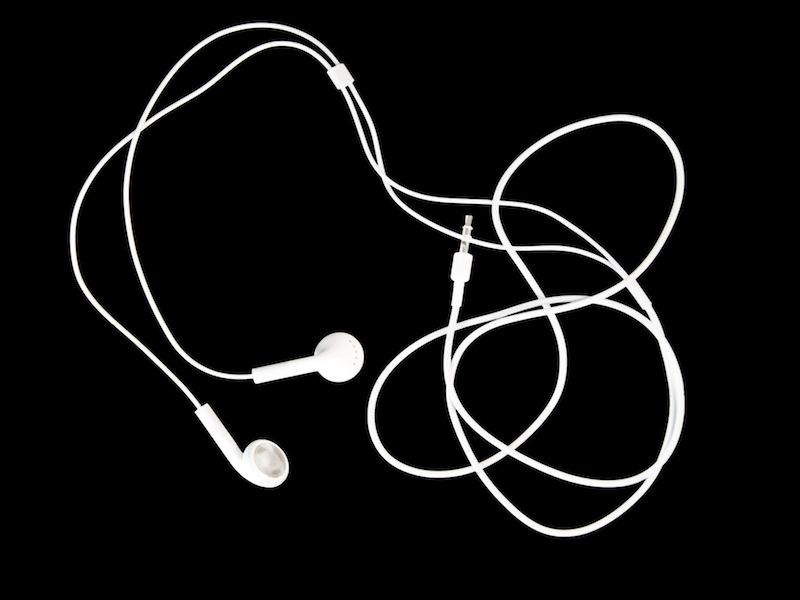
It’s not necessary to feel like your alone if you haven’t had a hearing exam since you were a kid. Regrettably, we have a tendency to treat hearing loss reactively instead of proactively, and a normal adult physical typically doesn’t include a hearing test. As a matter of fact, even when they recognize they have hearing loss, the majority of people disregard it for as many as seven years which can significantly affect your health. In fact, untreated hearing loss has been proven to increase your healthcare costs over the years.
The good news, hearing exams are easy, painless, and provide a wide range of information for our professionals to assist you, both for diagnosing hearing problems and assessing whether interventions like hearing aids are working. When you were a child, you might recall the audiometry test from school, but a full hearing test will give you a clearer understanding of your hearing without a lollipop or sticker.
It’s important that you regularly get your hearing examined even though you may not typically give your hearing as much attention as your teeth or eyes. You might not recognize something wrong with your hearing for a long time. Hearing loss often happens gradually, and the sooner you detect a problem with your hearing, the sooner you may be able to fix it.
When Should You Get Examined?
All infants should be screened for hearing loss, and usually, the hospital handles that before they are released. The American Academy of Pediatrics recommends that children undergo formal hearing tests when they are 4, 5, 6, 8 and 10 years old and that teenagers should have hearing exams during wellness appointments with their doctors.
It’s recommended that if you are in between the ages of 18 and 49, you get your hearing checked every five years and then, as you get older, more often. You need to get tested every three years if you are 46 to 60 years old and then every two years after you turn 60. But you may need to get checked more frequently. The regularity with which you need to get checked will ultimately depend on your specific situation. You should get your hearing examined immediately if you find that it isn’t as good as it once was. Quite a few health concerns are associated with neglected hearing loss, like increased chance of falling, cognitive decline, and depression. Your capacity to work effectively and your relationships can also be influenced.
And you should get a hearing test, in some circumstances, as soon as you can if you have hearing loss that is getting quickly worse. The following scenarios indicate that you should get a hearing test immediately:
- You are experiencing a constant ringing in your ears
- You are unable to hear conversations, particularly when in crowded areas
- You are experiencing vertigo
- You find yourself having to constantly ask people to repeat themselves
- It is difficult to pinpoint where sounds are coming from
- Your ear was infected, or there was a buildup of earwax
Whether you are at risk of hearing loss is another factor. You should have your hearing examined more often, as an example, if you are exposed to loud noise or if hearing loss runs in your family.
There are also over 200 ototoxic medicines. From Aspirin to some antibiotics, these medications can be very bad for your hearing. Consult your doctor to make sure any medicines you are taking aren’t impacting your hearing. Think about getting your hearing tested more frequently in order to address any hearing loss immediately if you are taking any ototoxic medications.
Also, consider your habits and whether they might contribute to hearing loss. Are you using earbuds regularly? Hearing loss has noticeably increased in younger people, and many experts believe that this is because of the use of headphones and earbuds. Loud concerts, shows, or machinery can also do appreciable harm to your hearing. Schedule your hearing exam today if it’s time for you to have your hearing tested.